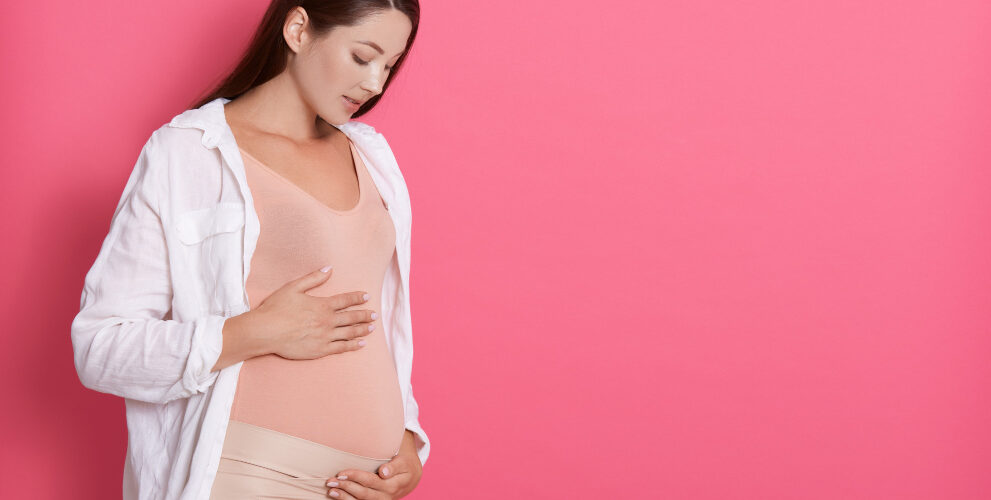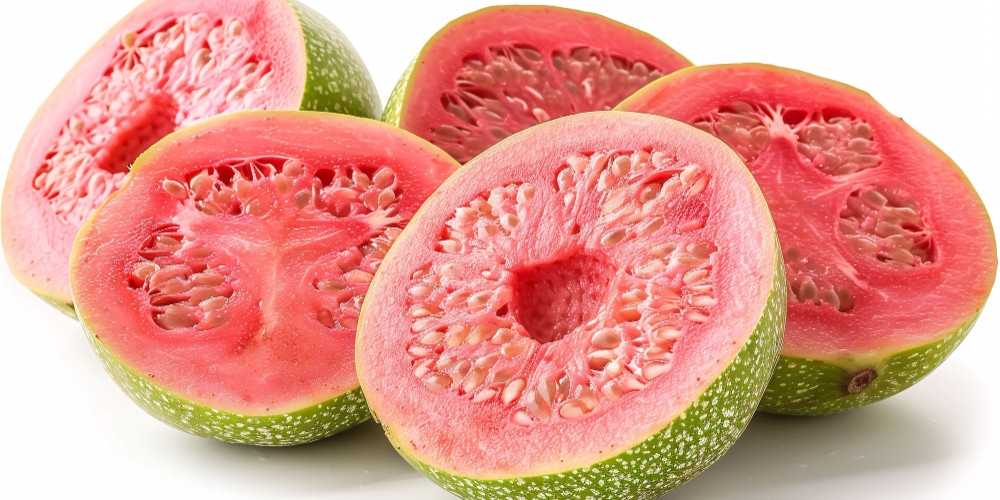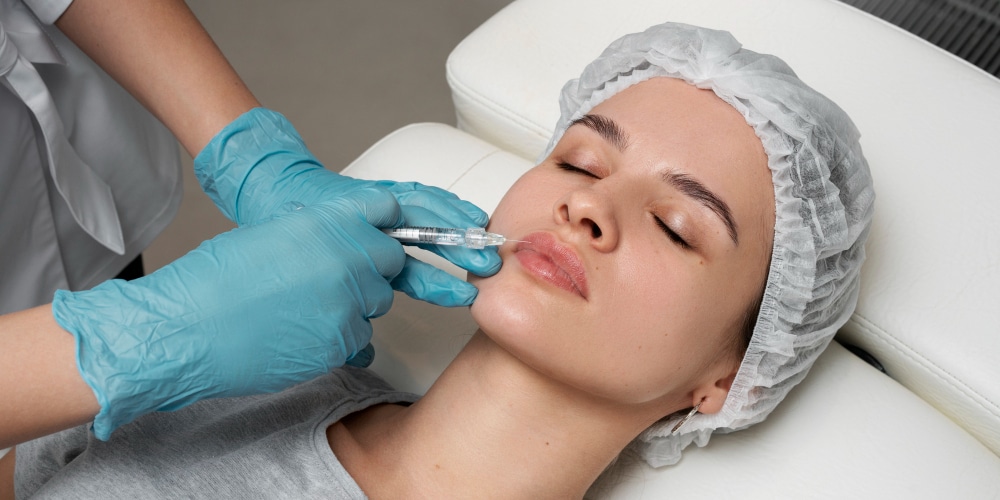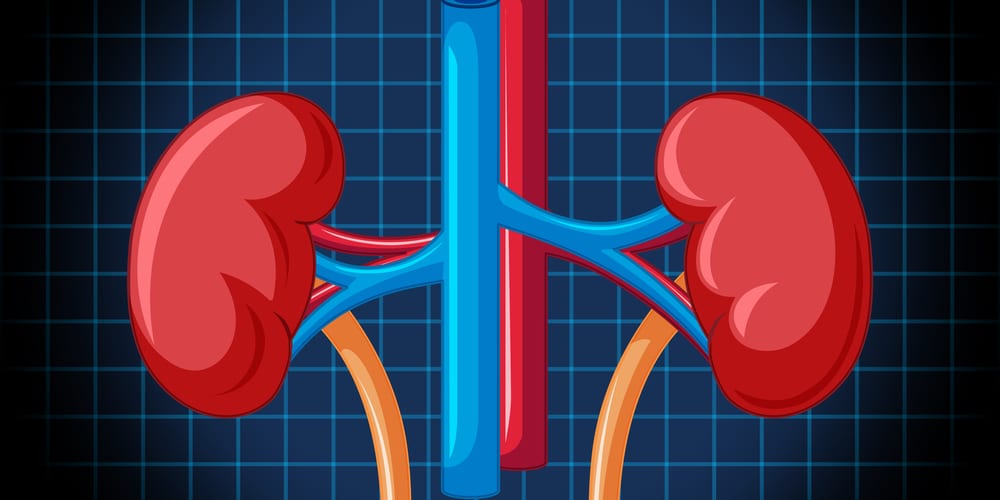Latest
Katrina Kaif pregnant at 42: Doctor explains risks and realities of late-age pregnancies
Late-age motherhood, exemplified by Katrina Kaif and other Indian actresses, is sparking crucial conversations about fertility, risks, and possibilities in today's world
Author
Author
- admin / 2 months

- 0
- 7 min read

Author
Prof Abha Majumdar, Director and Head of the Centre for IVF & Human Reproduction at Sir Ganga Ram Hospital, explains the implications of late-age pregnancies.
Advanced maternal age, and what counts as late pregnancy?
Advanced maternal age is defined in two ways: one, in terms of fertility, and two, in terms of pregnancy outcomes. “In India, fertility starts declining noticeably after 35. Globally, the number is around 37. For pregnancy, advanced age begins at 35, and 40 is considered really advanced maternal age,” Dr Majumdar says.
She emphasises that after 40, pregnancy is classified as late, and it is not only the baby who may face risks; the mother’s health can also be significantly affected.
“Some women do get pregnant naturally at 44 or 45, but this is very rare. Only those with good ovarian reserves, no pelvic diseases, and proper nutrition are likely to conceive naturally at this age. After 45, pregnancies are extremely uncommon,” Dr Majumdar explains. Nature, she notes, tends to restrict pregnancies at very advanced ages because the physical demands on the mother are high.
Pregnancy complications become more likely after 35, particularly in the form of chromosomal anomalies such as trisomies 13, 18, or 21. “The incidence of conditions like Down syndrome increases after 35, which is why generalised screening is recommended for all mothers conceiving beyond this age,” Dr Majumdar says.
Women choosing late motherhood
The shift towards later motherhood reflects broader societal changes. According to Dr Majumdar, women today are pursuing careers, education, and personal goals, and many prefer to start a family only once they feel mentally and financially prepared.
“In earlier times, most women were housewives, and childbearing in the 20s was standard. Today, women seek reproductive autonomy-they want to balance personal freedom, career ambitions, and parenting,” she adds.
Men, Dr Majumdar points out, can father children at older ages without biological constraints, but women face a narrower fertility window. As a result, many professional women, like Katrina Kaif, delay pregnancy until they feel ready to dedicate time fully to parenthood.
However, she cautions that “with age, the body begins to show health changes – weight gain, prediabetes, high blood pressure, and pelvic issues such as fibroids or endometriosis, which can affect fertility.”
Dr Majumdar attributes the trend to changing culture, delayed marriages, and professional priorities. Many women attempt pregnancy only after several years of marriage, and when conception does not happen immediately, they may experience stress, which further complicates fertility, she says.
Is there a cut-off age for pregnancy?
Dr Majumdar admits that the fertility landscape for Indian women has changed over time. “Periods now start earlier and menopause occurs later, slightly shifting the fertility window. Traditionally, fertility began to decline around 35, but for most Indian women, ovarian reserve starts dropping noticeably between 35 and 37, making conception more challenging,” she says.
In her practice, Dr Majumdar notes that 90 per cent of her IVF patients are over 35, with many delaying pregnancy for professional or personal reasons. “When women start trying and don’t conceive within a few months, panic sets in,” she says, “This leads to a rise in IVF consultations.”
Age-related fertility challenges often emerge unexpectedly. Women may discover conditions such as endometriosis, reduced ovarian reserve, or other pelvic or genetic issues only when they try to conceive. “It is not easy to get pregnant naturally after 35,” Dr Majumdar emphasises. She recommends that women under 35 who plan to delay pregnancy should at least undergo an ovarian reserve test and a pelvic scan to rule out any conditions that could complicate future conception.
Egg and embryo preservation, Dr Majumdar notes, have become increasingly important tools in modern reproductive planning. “Women used to come for egg preservation much later, but they now understand that 40 is too late. Most are opting for preservation before 35. Embryo preservation is even safer, as it combines the woman’s egg with the partner’s sperm, increasing the likelihood of a successful pregnancy,” she says.
Age remains a critical factor even with these technologies. “After 37, fertility begins to decline more noticeably, and after 40, the decline is rapid. By 45, natural conception chances drop to less than 1 per cent,” Dr Majumdar adds.
The risks of late pregnancy go beyond fertility. Conditions like adenomyosis and age-related chromosomal abnormalities can increase miscarriage rates. Women over 40 also face higher chances of high blood pressure, gestational diabetes, preterm birth, small-for-gestational-age babies, cesarean delivery, NICU admissions, and placental complications.
The modern prenatal care, according to Dr Majumdar, offers reassurance. “There are robust non-invasive genetic tests available today. We can separate fetal cells from the mother’s blood to check for chromosomal abnormalities. If needed, amniotic fluid tests at 16–17 weeks can confirm the baby’s genetic health,” she says, adding that these measures apply equally to natural and assisted pregnancies, ensuring that even women conceiving in their 40s can monitor and safeguard the health of their babies.
Can fertility treatments make pregnancy in your 40s possible?
For women seeking pregnancy later in life, fertility treatments have opened up new possibilities. “Egg and embryo preservation has become increasingly popular. Women can freeze their eggs or embryos in their 30s and use them later when they feel ready to conceive,” Dr Majumdar says.
She highlights that couples are now planning pregnancies more strategically, sometimes freezing embryos for several years until they feel ready for parenthood. “At our center, we have performed over 100 egg and embryo preservations in the last few years alone,” she says, highlighting the growing demand for reproductive autonomy.
Dr Majumdar explains that egg freezing is ideal for women who do not have a partner yet, while embryo freezing is safer for those with a partner, as it ensures the chances of successful implantation and reduces genetic risks.
“However, if a woman carries a pregnancy at 40, her body is more likely to experience complications such as miscarriage, high blood pressure, gestational diabetes, preterm birth, small-for-gestational-age babies, placental issues, and higher cesarean rates. These are risks related to maternal age,” Dr Majumdar says.
Healthy practices
Lifestyle plays a crucial role in late-age pregnancies. Dr Majumdar stresses the importance of a balanced diet, regular exercise, and overall wellness. “Women in their reproductive years should avoid junk food, maintain a healthy weight, and engage in at least 40 minutes of walking daily if formal exercise is difficult,” she advises. Also Read
She also emphasises preventive care, such as regular health check-ups, pelvic scans, and testing ovarian reserves, can help women plan pregnancies effectively. “Even if a woman chooses to delay pregnancy, these assessments ensure that fertility issues are identified early, and interventions like egg or embryo freezing can be considered,” Dr Majumdar says.
Additionally, she highlights that modern working culture and busy lifestyles can negatively affect health, making conscious lifestyle choices even more important. “Proper nutrition, stress management, and physical activity are not just important for pregnancy; they are essential for overall long-term health,” she adds.
Also read: FACT CHECK: Can the gender of a baby really alter a pregnant woman’s looks?
Do you have a health-related claim that you would like us to fact-check? Send it to us, and we will fact-check it for you! You can send it on WhatsApp at +91-9311223141, mail us at hello@firstcheck.in, or click here to submit it online.










